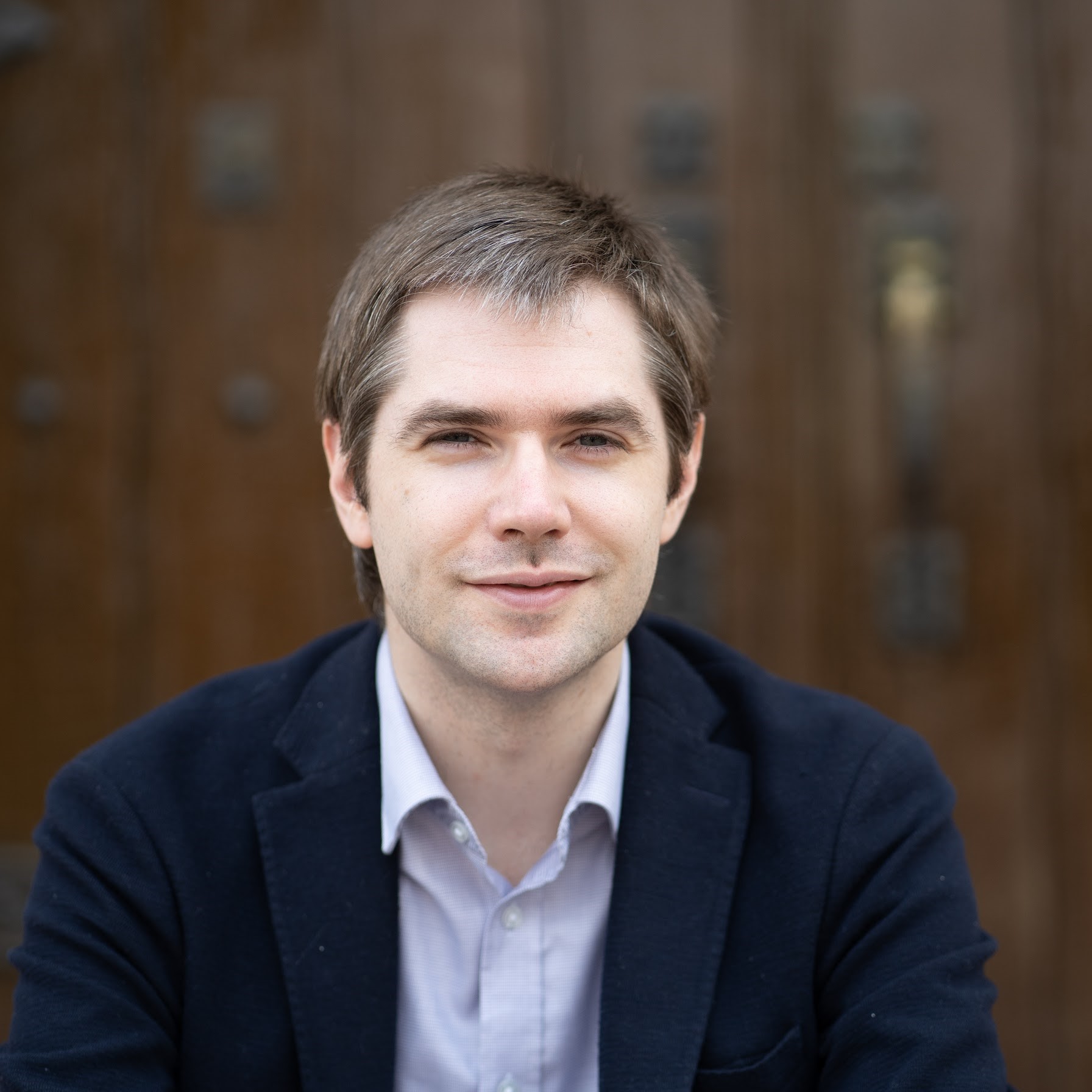Taste of MIT SHASS | Lightning Talks 2021

A survey of the intriguing research projects being done by MIT faculty in the School of Humanities, Arts, and Social Sciences. Eight faculty will have exactly five minutes to try to convey what makes their research compelling. Will they make it? Reception in breakout rooms to follow for Q&A, discussion on classes, and undergraduate research opportunities.
Campus Preview Weekend
April 16, 2021
5pm
Master of Ceremonies
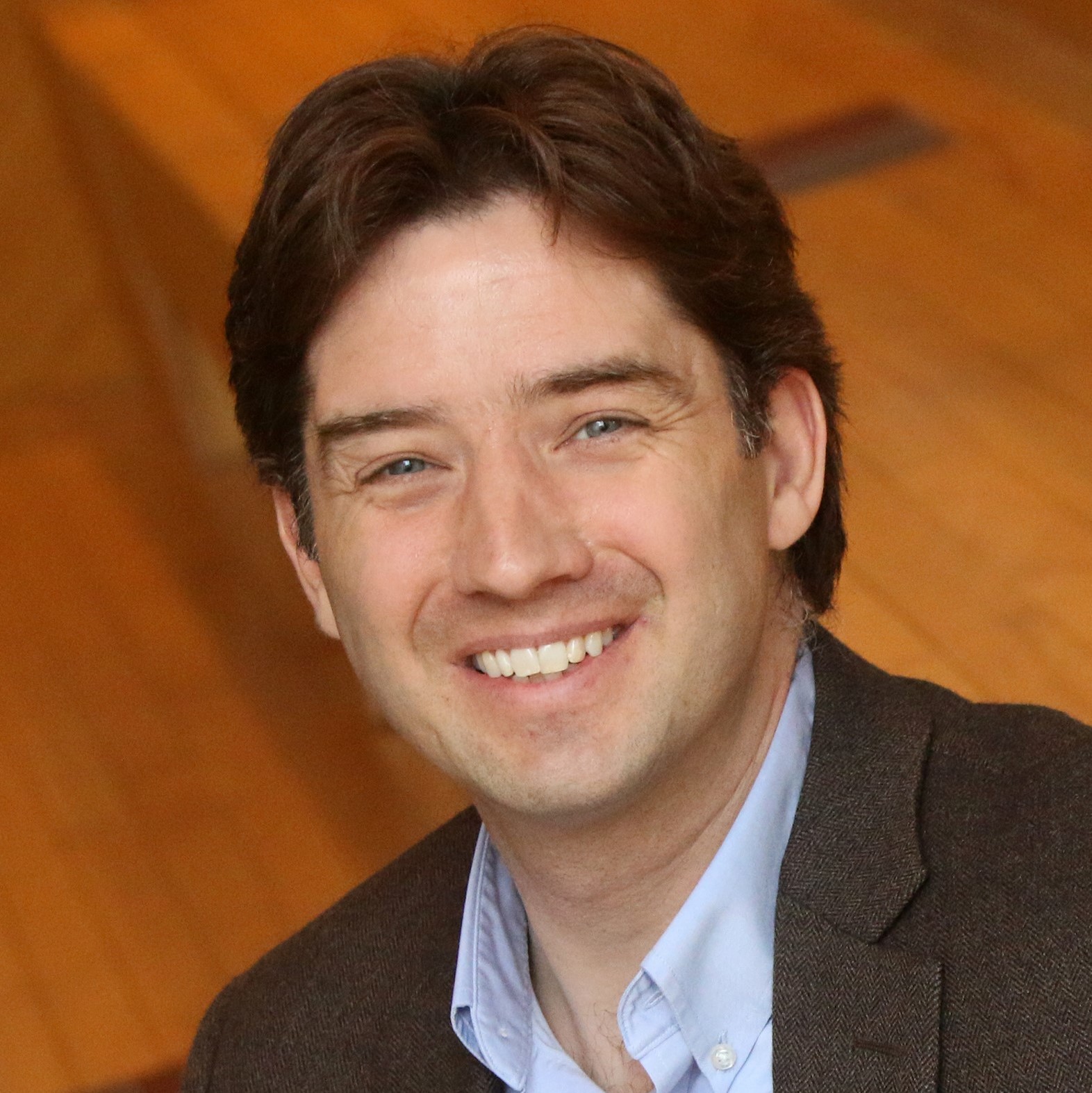 |
William Broadhead, Associate Professor |
2021 Speakers
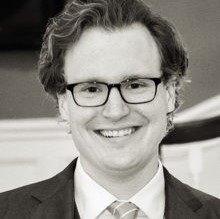 |
William Deringer, Associate Professor |
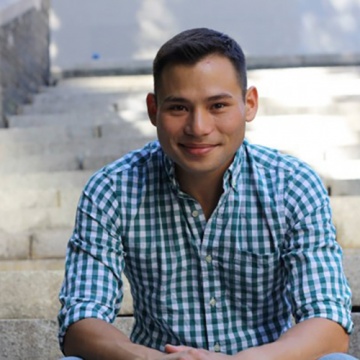 |
Erik Lin-Greenberg, Assistant Professor Title: "Game of Drones: Using experimental wargames to study international relations"
Erik Lin-Greenberg is an assistant professor of political science at MIT, where he is a member of the MIT Security Studies Program. His research examines how emerging military technology affects conflict dynamics and the use of force. He holds a PhD from Columbia University and an SM and SB from MIT. Before entering academia, Erik was an officer in the United States Air Force, and he continues to serve on the Joint Staff as a member of the Air Force Reserve (www.eriklg.com) |
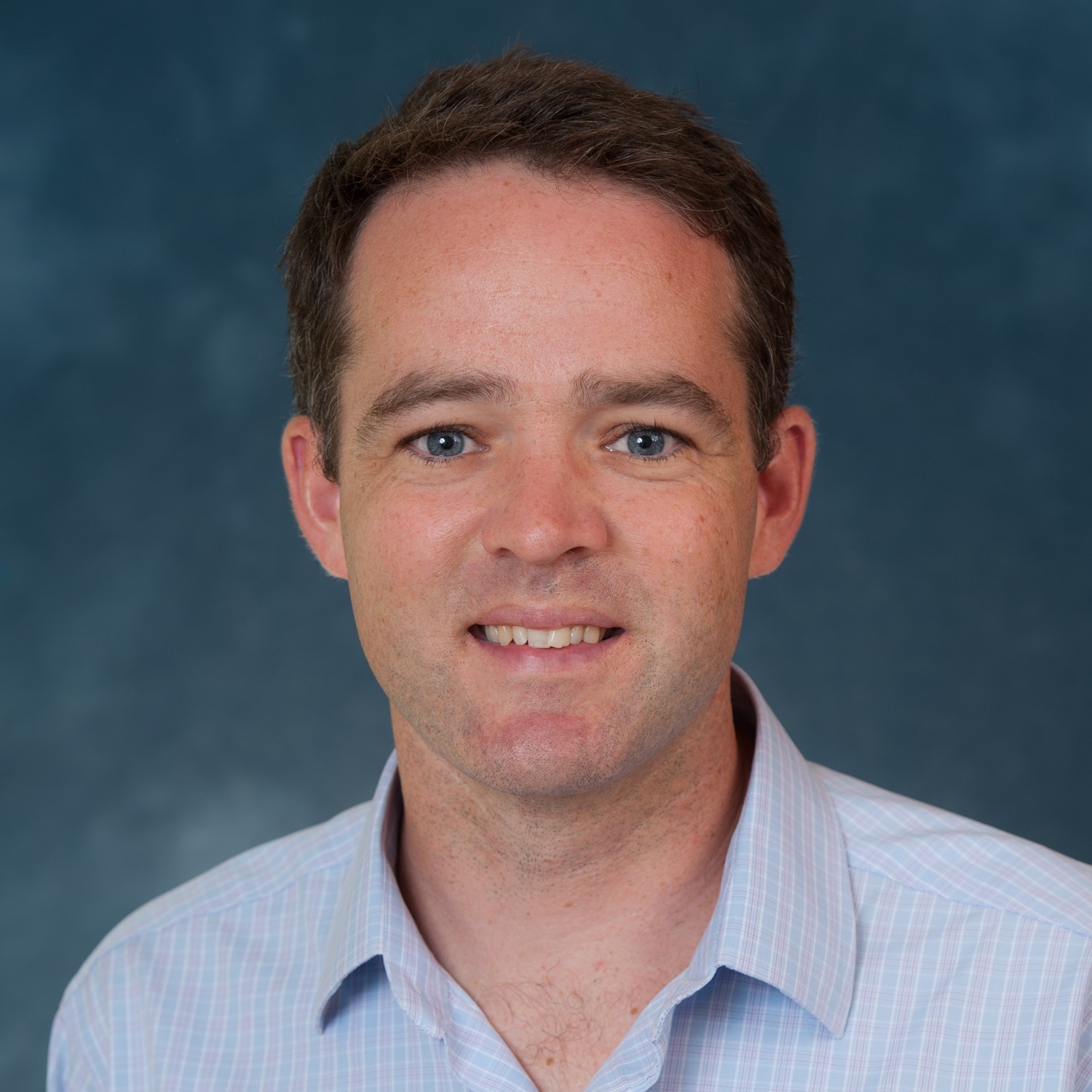 |
Dave Donaldson, Professor |
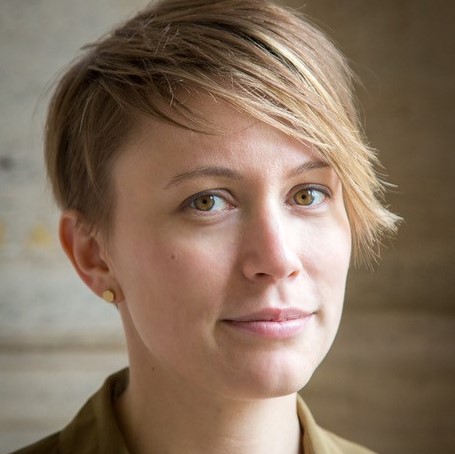 |
Sara Brown, Assistant Professor |
|
|
Laura Finch, Assistant Professor MIT Literature |
|
|
Christopher Capozzola, Professor of History Representing MIT Women and Gender Studies |
|
|
Tristan Brown, Assistant Professor Title: "The Classic of Changes and Binary Code: Insights from Chinese History"
Tristan G. Brown is a social and cultural historian of late imperial and modern China. His research focuses on the ways in which law, science, environment, and religion interacted in China from the seventeenth to early twentieth centuries. His talk today was inspired from a conversation with students enrolled in 21H.151: Pre-Modern China. |
|
|
Graham Jones, Professor Title: "Magic, Science, and Religion: Why Believe Anything?" With so much groundbreaking research happening right here, it’s a very exciting time to study science and technology at MIT. At the same time, the spread of mis- and dis-information online threaten public trust in science like never before. How can anthropology help explain why people believe what they do?
Graham M. Jones (Ph.D., NYU) is an anthropologist who studies the cultural dimensions of knowledge and belief. He has published two monographs on magic, Trade of the Tricks (California, 2011) and Magic’s Reason (Chicago, 2017), and numerous articles about the language of social media. |


